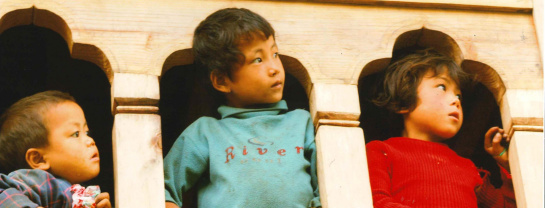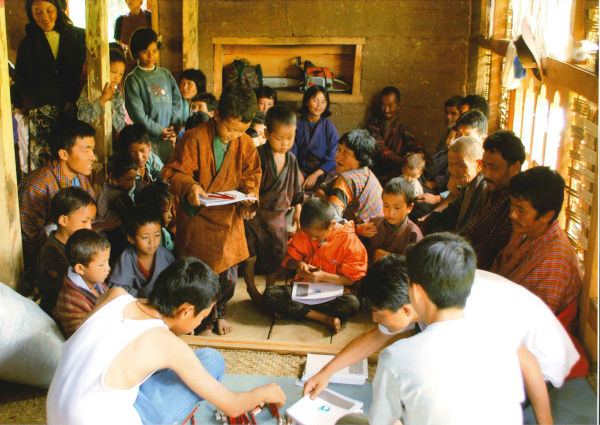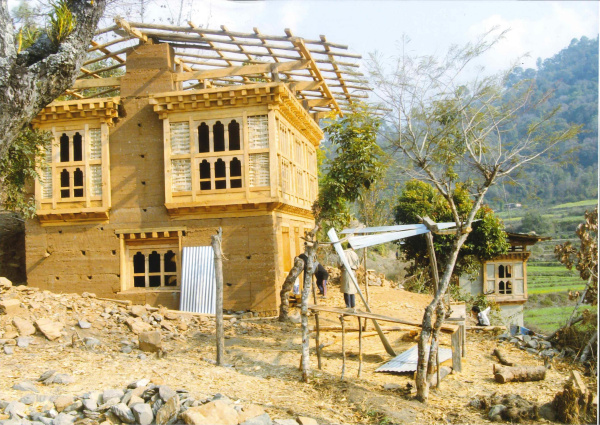This project helped the Olep people, a small ethnic group in Bhutan who once lived as nomads. In the 1970s, the government asked them to settle in the village of Rukha to access development benefits. However, the Oleps didn’t have the skills to adapt to farming or house building, and they fell into deep poverty.
The Tarayana Foundation, a local charity, stepped in to help. They worked closely with the community, helping people build stronger homes, grow their own food, and learn new skills like carpentry, handicrafts, and eco-friendly farming. The project also supported adult literacy, children’s education, and healthcare.
Locals were trained and involved in every step. They set priorities like better housing, farming, and starting small businesses. A nearby school was built, adults joined literacy classes, and solar lighting was installed. The village even started a fishery and used solar dryers to preserve fish, boosting their income.
Women played a big role, even training in India to become solar engineers. Over time, the Oleps became more self-reliant and confident. Many now earn money building houses or selling crafts. Nutrition, education, and health have improved, and the village has become more united.
Within two years, 15 houses were completed in Rukha; 33 men and 24 women were trained in carpentry and masonry skills.
What began in one small village has now been expanded to over 150 other villages. The project is considered a success because it built on the community’s own ideas and involved them at every stage. While tough to deliver in remote areas, this model shows that lasting change is possible when local people lead the way.














